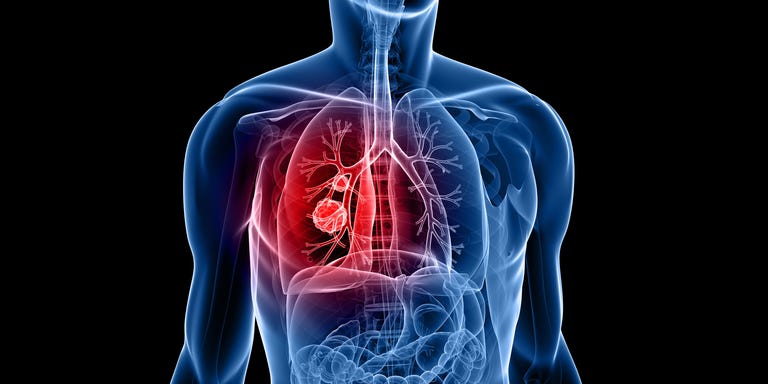
Lung cancer does not have a lot of noticeable signs in the early stages. Most people do not usually get a diagnosis until when the disease has progressed. However, there are signs you can look out for that will show if you have lung cancer. Noticing the signs can help you get diagnosed at the early stages.
Unending cough
You should be keen on any new cough that is prolonged. A normal cough that is associated with a cold or respiratory infection is likely to go after a week or at most, two weeks. However, a persistent cough can be a sign of lung cancer. If you notice a cough lingering for more than two weeks, you should visit your doctor to have more tests done.
Cough changes
You should also pay attention to your cough if it starts changing. It is especially the case if you are a smoker. Some things to look out for is if your cough gets deeper if you get an increased amount of mucus or start seeing blood.
Breathing changes
A lung tumor can cause fluid buildup in the chest, and the cancer can also block or narrow an airway. One way you can identify this is if you notice that you start getting easily winded or have extreme shortness of breath.
Pain in the chest area
Lung cancer is known to cause chest pain in some patients. The chest pain may be sharp, constant, dull or intermittent. It can also occur throughout the chest or can be confined to one spot. The pain can be due to enlarged nymph nodes or metastasis to the lining around the lungs, the chest wall or ribs.
Wheezing
You experience wheezing when the airway becomes constricted, inflamed or blocked. It can be easily diagnosed as a symptom of allergies or asthma and treatment is simple. However, if the cancer blocks the airway, wheezing might also occur and should be taken seriously.
Drop in weight
One common symptom of any type of cancer is loss of weight. If you notice that you have lost about 10 pounds without trying to lose weight, you should find out the reason.
Bone pain
If the cancer progresses, it might spread to the bones leading to bone pain. The pain might increase and usually gets worse at night. You should take note f any unexplained neck, back, chest, shoulder or arm pain that worsens at night.
Headache and fatigue
If the cancer spreads to the brain, you might experience headaches. However, it can also mean that the cancer is putting unnecessary pressure on the superior vena cava that triggers the headache. Another thing to look out for is fatigue even when you have not done any work. If the fatigue does not wear off even after resting, then you should visit your physician to find out the cause.
Nervous system problems
There are patients who experience nervous system problems when the cancer causes the immune system to start attacking parts of the nervous system. It can lead to muscle disorders characterized by difficult getting up from a sitting position, loss of balance and lack of steadiness in the arms and legs, weakness in the hips and trouble swallowing.
If you notice any of the above symptoms, it is important to visit a physician as soon as possible. Early screening is important especially if you are at high risk of getting the disease.
